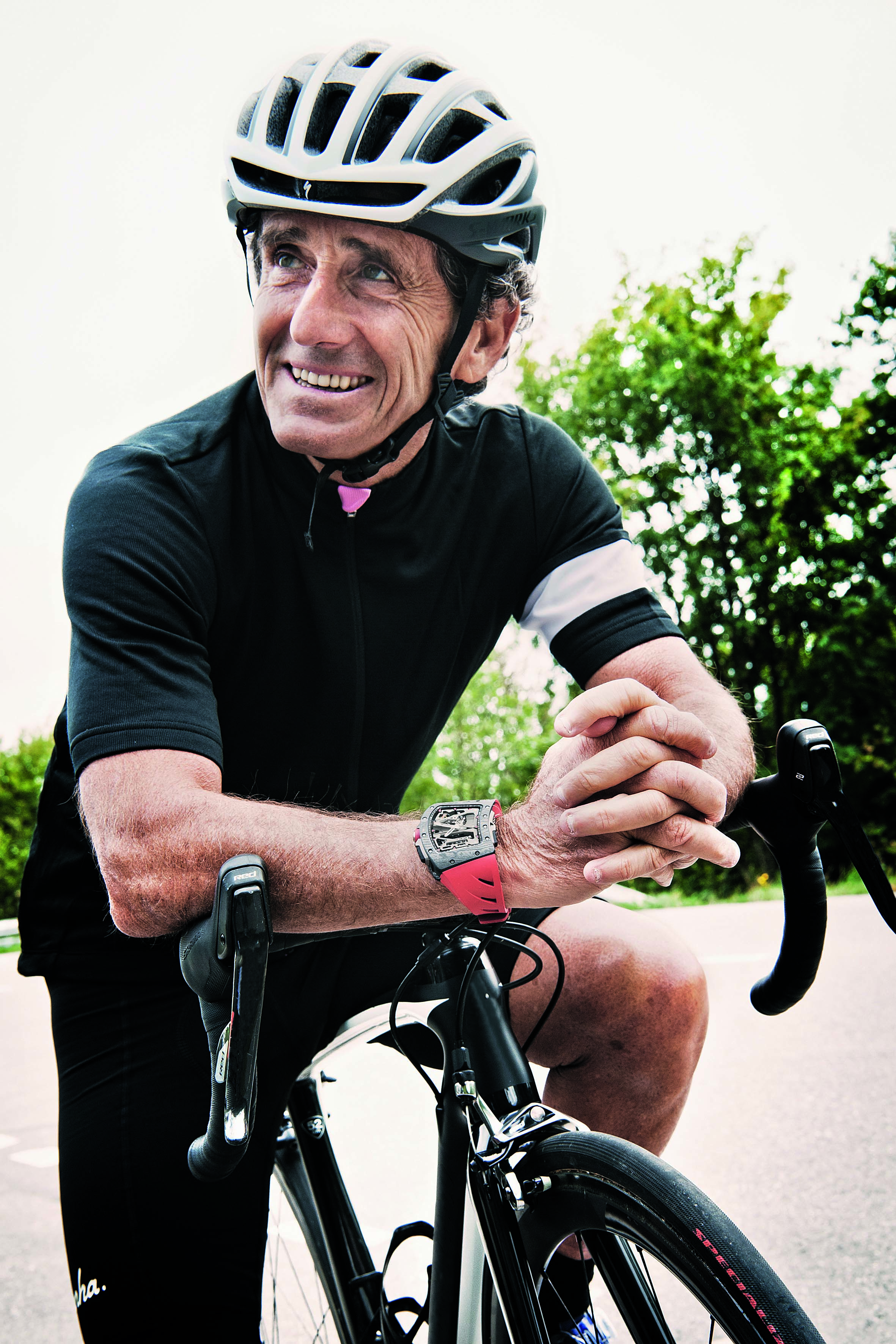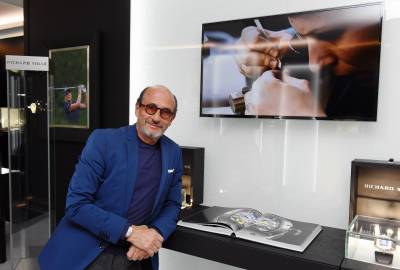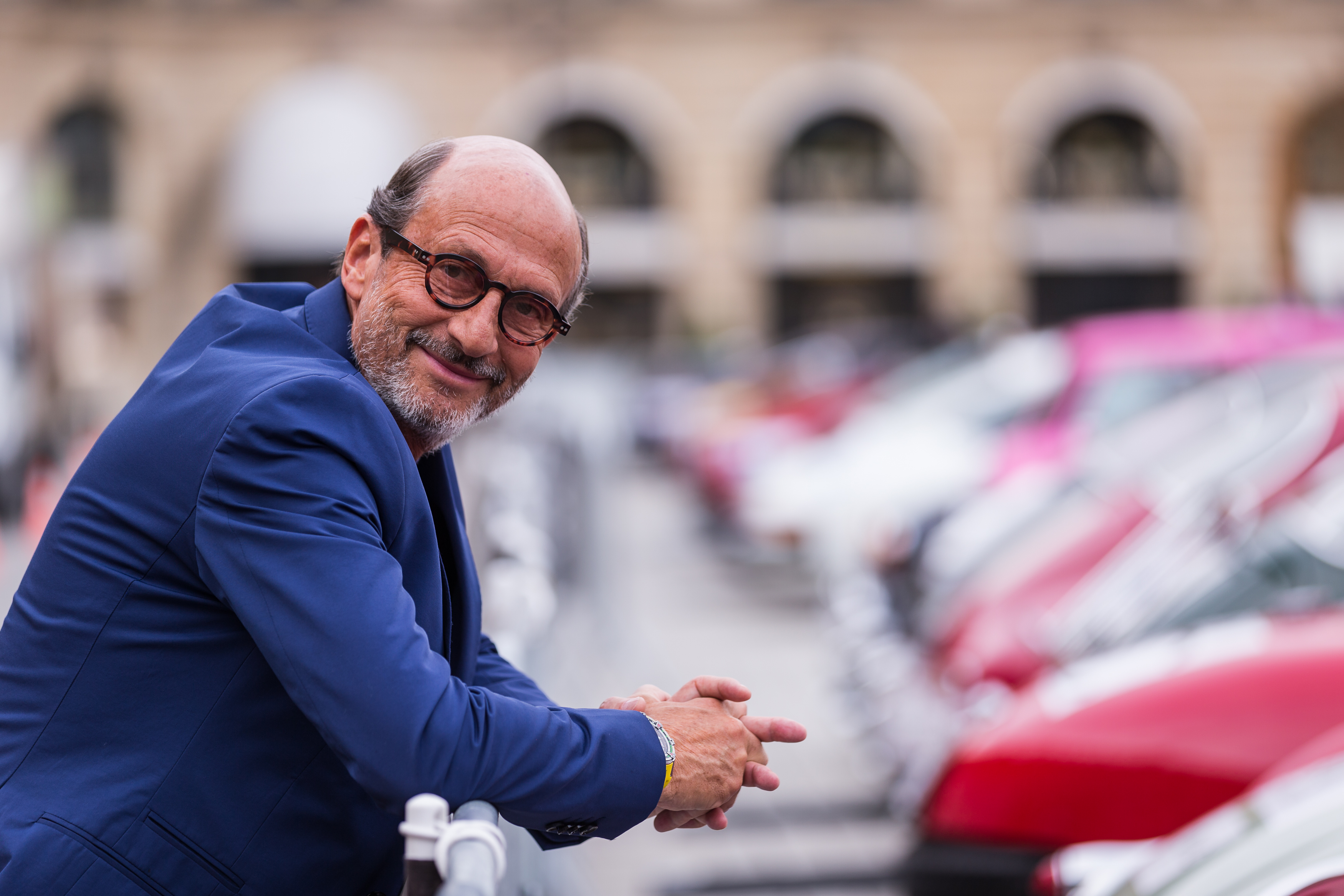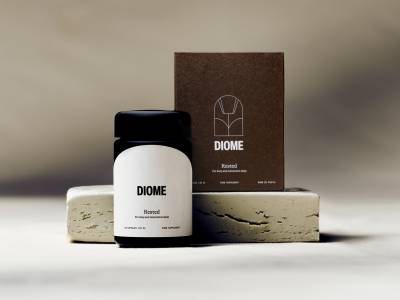Richard Mille is one of the most influential figures in horology, famous for his limited-run timepieces and use of ground-breaking hi-tech materials. One of his latest launches, in collaboration with Alain Prost, is the RM 70-01 cycling watch, which stems from his long love of riding on two wheels.
Luxury watch designer Richard Mille on his love of cycling
23rd April 2018
The founder of eponymous Swiss watch brand Richard Mille discusses his cycling hobby and how it has played a role in the creation of one of his latest designs
How often do you cycle?
I cycle about twice a month. I cannot do more than that. I am a bad boy. The problem is that when you don’t do it regularly, it hurts a bit. I really have to ride more often.
Where do you cycle?
I cycle in Brittany, where I live. It’s a legendary place for cycling and there are plenty of nice small roads.
What is your favourite bike?
I have quite a few, but the one by Colnago is my favourite.
What do you like most about cycling?
It’s the progression of the effort: when you reach a certain pace and you carry on at that pace, it brings you a lot of satisfaction. You find the speed that is most suited to you and then you discover how you can progress at this speed. It gives you a great feeling of satisfaction — even on the hill climbing, which is when you start to suffer. Sometimes it’s good to feel pain.
When did you first learn to ride a bicycle?
I learned when I was a little boy. I was always on my bicycle. Some days when we had to go somewhere with my family, my parents would take the car and I would go by bicycle. For me, it was a natural way of moving. In Provence in the 1960s, I even shared a tandem with a friend of mine who was living a few blocks away from me.
Do you get inspiration for new ideas for watches when you cycle?
I don’t really get inspiration for watches on the bike. I think about the development only when I have the watch in front of me.
So what do you think about when cycling?
Everything and anything. My thoughts go all over the place. It’s a time when I’m not disturbed and can let my mind wander.
What do you look for when designing a watch suitable for cycling?
The revolution in sports equipment has captured my attention: the introduction of composites, lighter materials and so on. As a tech and innovation fanatic myself, I’m well placed to appreciate the many subtleties involved. We develop a new concept for every new Mille watch, which means new constraints. For the RM 70-01, I realised
that many cyclists would be hard pressed to say how many kilometres they’d ridden since the beginning of the season. The RM 70-01’s never-before-seen totaliser remedies this by conveniently displaying the overall distance travelled.
What is your favourite cycling accessories brand?
I’m especially partial to the hi-tech sportswear from British brand Rapha.
What is your most memorable cycle ride?
I’ve been a fan of cycling since I was a child and I’ve ridden all over roads in the Var region of France, where I grew up. I used to cycle competitively with my friends in the region until I broke my collarbone in 1967 in a descent of the Côte d’Ampus. This hill is seven kilometres long and famous for the automobile race known as the “Course de Côte d’Ampus-Draguignan”.
Who are your all-time cycling heroes, past and present?
I don’t have heroes, but the cyclists I especially admired were Bernard Hinault and Eddy Merckx. In the present day, there was one athlete I really wanted to meet and that was Mark Cavendish. My wish came true during the Tour de France 2016. Mark is a huge watch fan. When I went to see him on the starting line, he was in tears and I took off my watch and handed it to him, saying: “This is for you. It will bring you good luck,” and that day he won the stage.
What do you consider to be the most exhilarating cycle ride in the world?
It was the first time I followed the Tour de France in 1980 on the organisers’ cars.
Is there anything you don’t like about cycling?
What I really despise about cycling is deviant behaviour such as doping.







